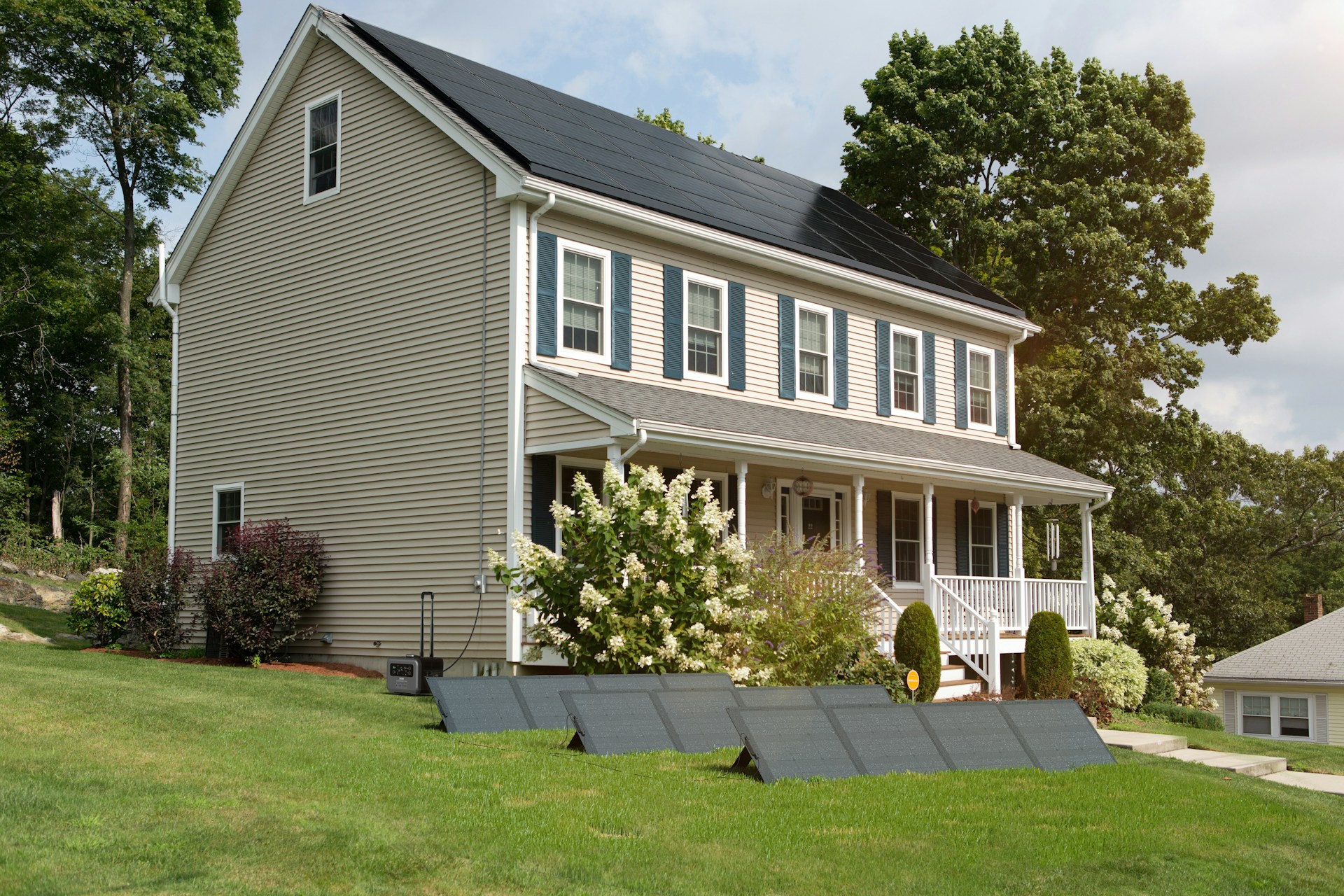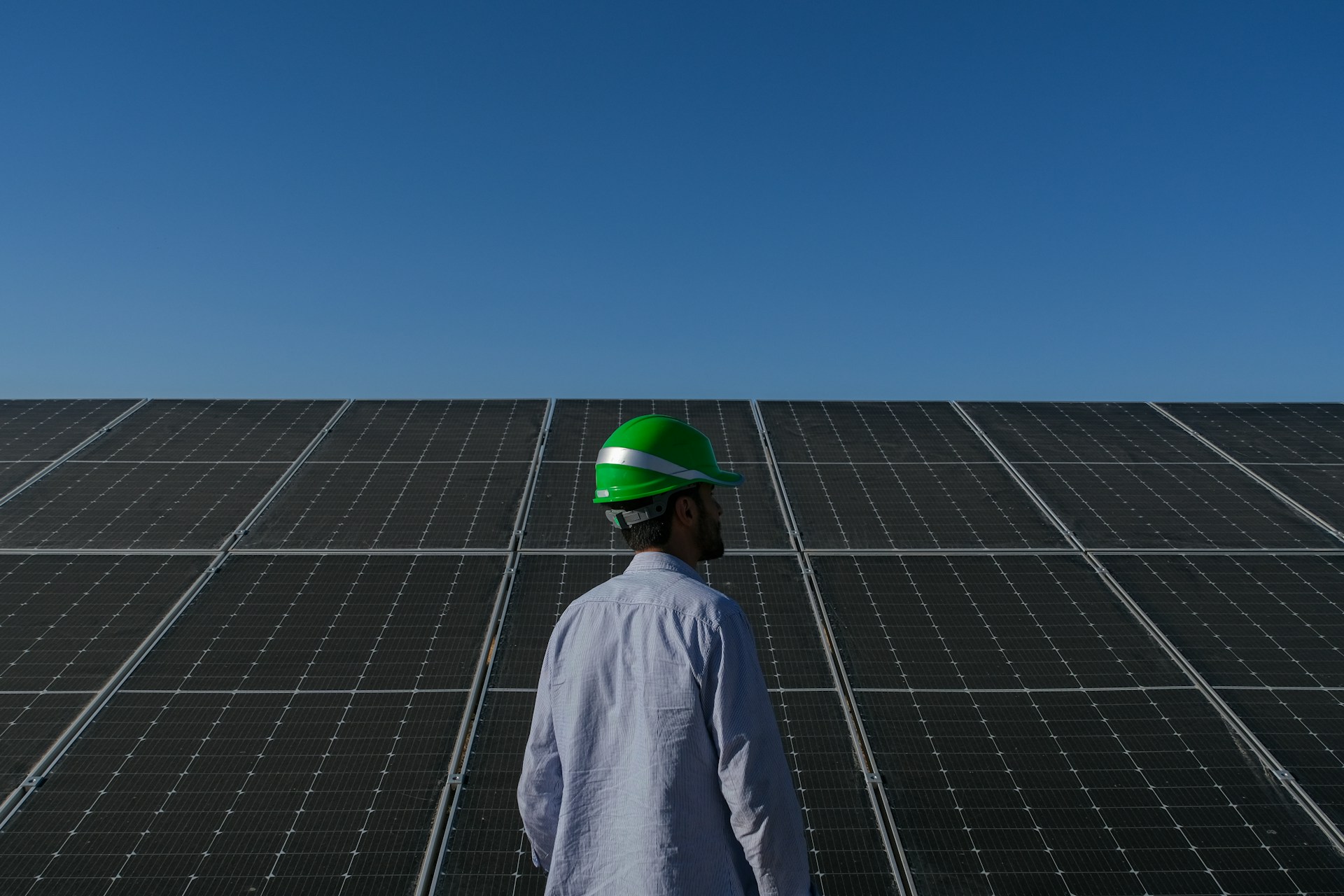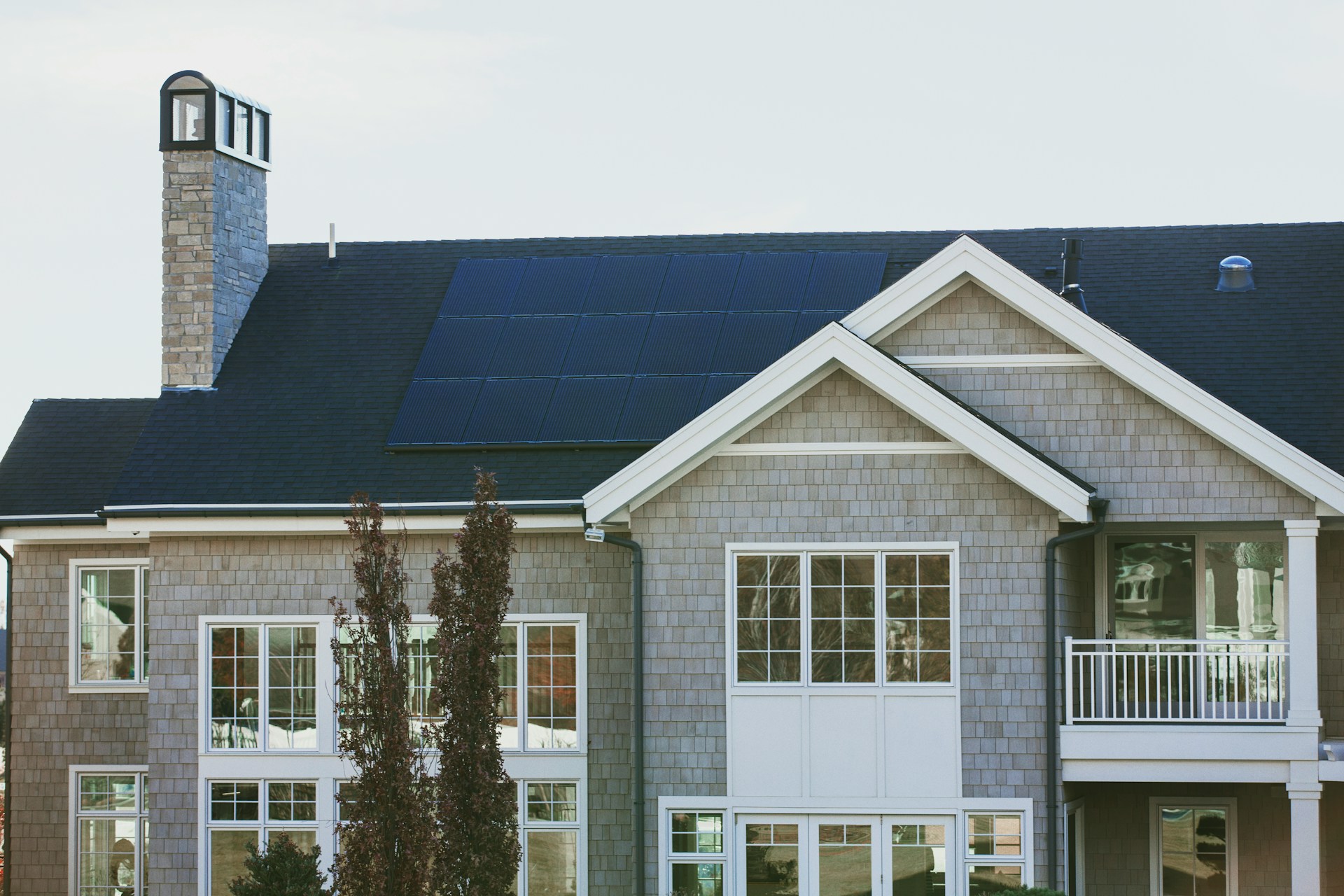As winter’s frosty fingers creep in and the days grow shorter, keeping your home warm and cozy becomes a top priority. But before you crank up the heat, take a moment to understand the soldiers on the frontlines of comfort: your furnace. Choosing the correct type of furnace can significantly impact your heating efficiency, budget, and even the environment.
Don’t let the cold catch you off guard! Get in touch with Feather River Aire, Inc. to schedule our reliable furnace service in Paradise, CA, and ensure your heating system is in top-notch condition.
The Mighty Gas Furnace
Think of the gas furnace as the seasoned veteran of the heating squad. This popular choice uses natural gas or propane to generate heat through combustion. A burner ignites the fuel, warming a heat exchanger that transfers the warmth to the air circulating through your home.
Pros:
- Efficiency: Modern gas furnaces can achieve an impressive AFUE (annual fuel utilization efficiency) of up to 98%, minimizing fuel waste and saving you money.
- Availability: Natural gas is readily available in many areas, and propane tanks offer flexibility in homes off the grid.
- Warmth on Demand: Gas furnaces deliver heat quickly and reliably, keeping your home toasty even on the coldest nights.
Limitations:
- Installation: Due to gas lines or propane tanks, installation can be more complex and costly than other options.
- Emissions: While cleaner than oil, gas furnaces still emit some carbon dioxide, a factor to consider for environmentally conscious homeowners.
The Silent Electric Furnace
Prefer a stealthy heating option? Look no further than the electric furnace. This eco-friendly warrior powers up resistance coils that heat the air directly, eliminating the need for combustion and fuel lines.
Pros:
- Clean and Quiet: Electric furnaces operate silently and produce no emissions, making them ideal for sensitive environments and allergy sufferers.
- Easy Installation: Installation is typically simpler and more affordable than gas or oil furnaces.
- Government Incentives: In some areas, you may qualify for rebates or tax credits for choosing an electric furnace.
Limitations:
- Efficiency: Electric furnaces can be less efficient than gas or propane models, particularly in areas with high electricity costs.
- Limited Heating Power: In extremely cold climates, electric furnaces may struggle to maintain consistent warmth.
Don’t let a malfunctioning heater freeze your comfort. Choose Feather River Aire, Inc. for swift and reliable heating repair in Paradise, CA, and beyond – we’re just a call away.
The Baron Oil Furnace
While less common than gas or electric options, oil furnaces remain a viable choice in areas with reliable oil delivery. Similar to gas furnaces, they use combustion to generate heat, burning oil instead of gas.
Pros:
- Powerful Heating: Oil furnaces excel in extreme cold, delivering potent heat even in sub-zero temperatures.
- Fuel Flexibility: You can choose between different types of oil, offering some control over fuel costs.
Limitations:
- Messy and Odorous: Oil deliveries and furnace maintenance can be messy, and some older models may emit an oil odor.
- Environmental Concerns: Oil is a fossil fuel, and its combustion contributes to greenhouse gas emissions.
- Maintenance Demands: Oil furnaces require frequent maintenance and cleaning to function efficiently.
The Adaptable Modulating Furnace
Think of a modulating furnace as the chameleon of the heating world. Instead of operating at full blast or idling, it adjusts its output based on the actual temperature difference. This translates to remarkable efficiency and precise comfort control.
Pros:
- Unmatched Efficiency: Modulating furnaces can achieve AFUEs exceeding 95%, minimizing fuel consumption and lowering your heating bills.
- Consistent Comfort: They maintain a more even temperature than traditional furnaces, eliminating uncomfortable hot and cold swings.
- Reduced Wear and Tear: By operating smoothly and avoiding full-blast cycles, modulating furnaces last longer and require less maintenance.
Limitations:
- Higher Initial Cost: Modulating furnaces are typically more expensive than other furnace types upfront.
- Technical Expertise Needed: Installation and maintenance may require a qualified technician familiar with their advanced technology.
Remember, regular maintenance is crucial for optimal performance and longevity. Trust our local experts for professional heating repair in Chico, CA, to keep your winter worries at bay.
Which Furnace is Right for You?
Choosing the right furnace depends on several factors, including your budget, fuel availability, home size, climate, and environmental concerns. Feather River Aire’s skilled technicians can assess your needs and recommend the perfect furnace to keep your home warm and cozy all winter long.
Contact us today for a free consultation, and let us help you conquer the chill!







